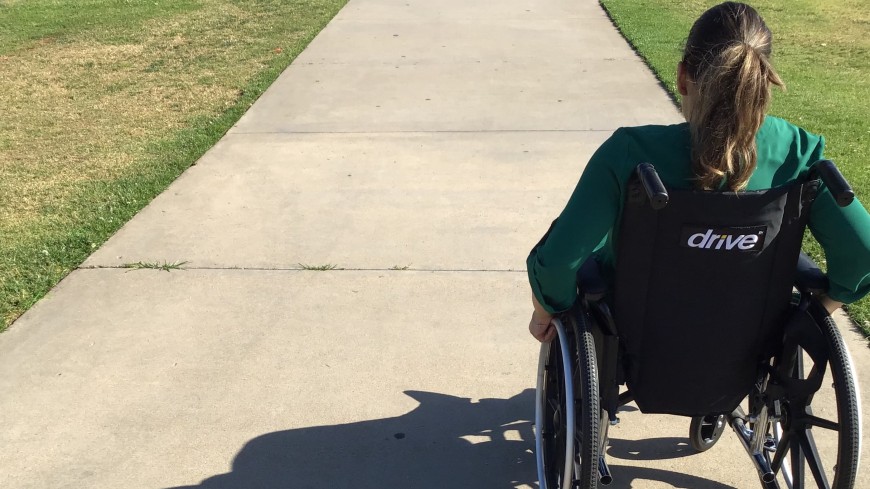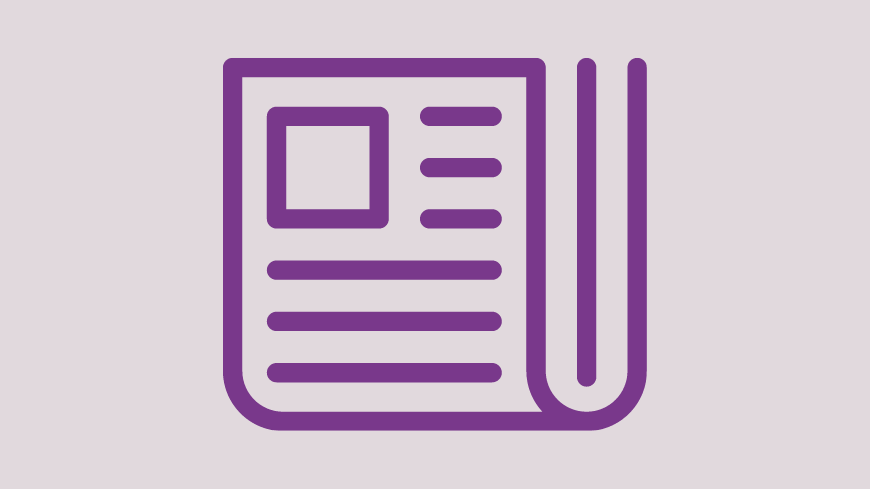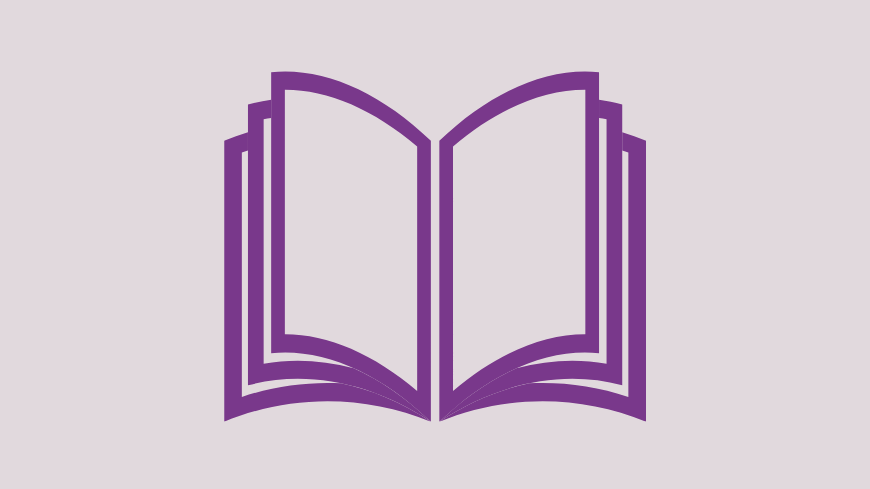On 6 August, a webinar will be organised on “The inclusion of disabled people and fighting discrimination” between 3-5 pm CET.
The webinar will be an opportunity to learn more about the situation of disabled people and their experiences of discrimination. Good practices will be shared on independent living, taking into account intersectionality when addressing discrimination and ensuring the inclusion of disabled people in society. The discussion will focus on Eastern Partnership countries.
The webinar will feature:
- Zara Todd, disability activist, and senior adviser at ENIL, the European Network for Independent Living
- Armen Alaverdyan, Executive Director of Unison NGO and ENIL board member, Armenia
- Sergey Drozdovsky, Director of the Office for the Rights of People with Disabilities, Belarus
- Anna Arganashvili, human rights lawyer, Georgia
The webinar will be organised in English and Russian with simultaneous interpretation. Captioning of the webinar will be available.
Link to watch the webinar: https://live.kudoway.eu/ad/220214180127
The recommended browser is Google Chrome
Link to follow the event captioning: https://www.streamtext.net/player?event=COE060820
More information
Five webinars will be organised between June and August 2020 on combating discrimination and working with victims. The aim of the webinars is to build attendees’ understanding of key discrimination areas and issue, and also share good practices from the Eastern Partnership region (Armenia, Azerbaijan, Belarus, Georgia, Republic of Moldova and Ukraine).
Webinars are organised in the framework of the regional project “Strengthening access to justice through non-judicial redress mechanisms for victims of discrimination, hate crime and hate speech in Eastern Partnership countries”, financed by the European Union and the Council of Europe and implemented by the Council of Europe in their Partnership for Good Governance phase II.
Webinars are live discussions in English and Russian, with interpretation, for a maximum length of 2 hours. In each webinar, there will be expert speakers and presenters of good practice.
The main target group for the webinars are public institutions’ representatives, equality bodies/Ombudsoffices, NGOs involved in equality work.





